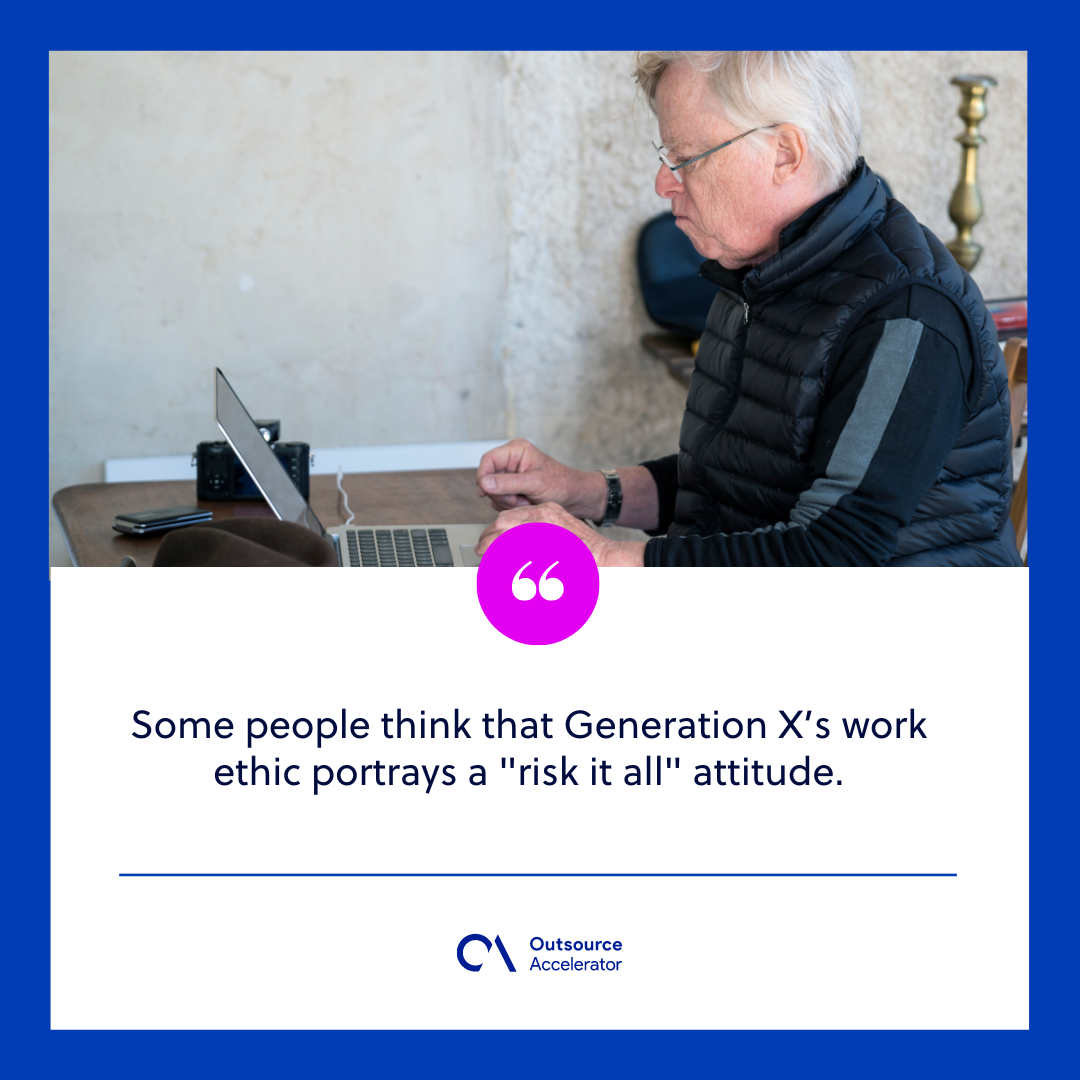Gen X and the Workplace: Challenging Stereotypes
Generation X, often referred to as the “forgotten generation,” encompasses those born between approximately 1965 and 1980. As the demographic cohort sandwiched between the Baby Boomers and Millennials, Gen X has been subject to a myriad of stereotypes, often portrayed as cynical, disaffected, and disengaged from the workplace. However, emerging research and changing workplace dynamics reveal a more nuanced picture. This article explores the realities of Gen X in the workplace, debunks stereotypes, and highlights their contributions and challenges in today’s professional environment.
The Stereotypes Surrounding Gen X
Before delving into the realities of Gen X, it’s essential to understand the common stereotypes associated with this generation. These include:
- Cynicism: Gen X is often labeled as skeptical and disillusioned, particularly towards authority and corporate structures.
- Technologically Inept: There is a stereotype that Gen X is not as tech-savvy as their Millennial counterparts.
- Work-Life Imbalance: Many view Gen X as workaholics who struggle to balance their professional and personal lives.
- Disconnected: Gen X is sometimes seen as disengaged from their work and lacking ambition.
Debunking the Myths

While these stereotypes persist, it’s crucial to scrutinize them and understand the realities faced by Gen X in the workplace.
Cynicism vs. Critical Thinking
While it’s true that Generation X has witnessed significant societal shifts—including economic recessions, corporate downsizing, and changing job markets—they have also developed a critical approach to work and leadership. This skepticism can foster innovation and progress, as Gen X employees often question the status quo and advocate for change.
Technological Proficiency
Contrary to the belief that Gen X lacks technological skills, research indicates that they are highly adaptable and proficient in technology. According to a 2020 Pew Research study, 85% of Gen Xers use social media, and many have embraced new technologies in their personal and professional lives. For instance:
- Gen Xers played a crucial role in the transition to digital technology in the workplace, from emails to mobile communication.
- They often serve as intermediaries between older generations who may struggle with technology and younger employees who are digital natives.
Work-Life Integration, Not Imbalance
Gen X is often stereotyped as workaholics, but many are also advocates for work-life balance. They experienced the rise of dual-income households and have a strong understanding of the importance of family and personal time. Many Gen Xers are pushing for flexible work arrangements, recognizing that job satisfaction is linked to a balanced life.
Engagement and Ambition

While some perceive Gen X as disengaged, studies show that they value job satisfaction and career development. A 2021 Gallup survey indicated that 70% of Gen X employees consider opportunities for advancement as a critical factor in job satisfaction. This generation is not only ambitious but also seeks workplaces that align with their values, such as diversity, equity, and inclusion.
The Unique Contributions of Gen X in the Workplace

Gen X brings a wealth of experience and unique perspectives that can significantly benefit organizations. Here are some of their key contributions:
- Versatile Skill Set: Having experienced both analog and digital transitions, Gen X possesses a unique blend of traditional and modern skills.
- Strong Work Ethic: Often described as self-reliant and resourceful, Gen Xers have a reputation for their dedication and ability to work independently.
- Mentorship: With their wealth of experience, many Gen Xers serve as mentors to younger employees, helping bridge the generational gap.
- Adaptability: Having lived through economic fluctuations, Gen X is adept at navigating change and uncertainty.
Case Studies of Gen X Success in the Workplace
Real-world examples illustrate how Gen X is breaking stereotypes and excelling in their careers. Here are a few notable case studies:
Case Study 1: The Tech Innovator
John, a 45-year-old software engineer, is a prime example of a Gen Xer who adapts to technological changes. He transitioned from traditional coding methods to agile development practices, becoming a leader in his field. His ability to mentor younger employees while also learning from them has made him a valuable asset to his organization.
Case Study 2: The Work-Life Advocate
Lisa, a 50-year-old HR manager, implemented flexible work policies at her company, advocating for better work-life balance. Her initiatives resulted in a 30% increase in employee satisfaction and retention rates, highlighting how Gen Xers can lead in creating positive workplace cultures.
The Future of Gen X in the Workplace
As Gen X continues to age and move into leadership roles, their influence on workplace culture and policies will only grow. Here are some predictions for the future of Gen X in the workplace:
- Leadership Opportunities: Gen X will increasingly take on senior leadership roles, bringing their unique perspectives and experiences to decision-making.
- Advocacy for Inclusivity: They will likely champion initiatives that promote diversity and inclusivity, drawing from their experiences navigating a multicultural world.
- Workplace Flexibility: The push for remote work and flexible schedules will continue, influenced by Gen X’s desire for balance and quality of life.
Generation X is a dynamic and multifaceted group that challenges the stereotypes often attributed to them. Their critical thinking, technological adaptability, strong work ethic, and commitment to work-life balance make them invaluable in today’s workplace. As they rise to leadership positions, Gen X will undoubtedly play a crucial role in shaping the future of work, advocating for inclusive cultures, and promoting policies that benefit all generations. Understanding and appreciating the contributions of Gen X not only enriches workplace dynamics but also fosters a more harmonious and productive work environment for everyone involved.


